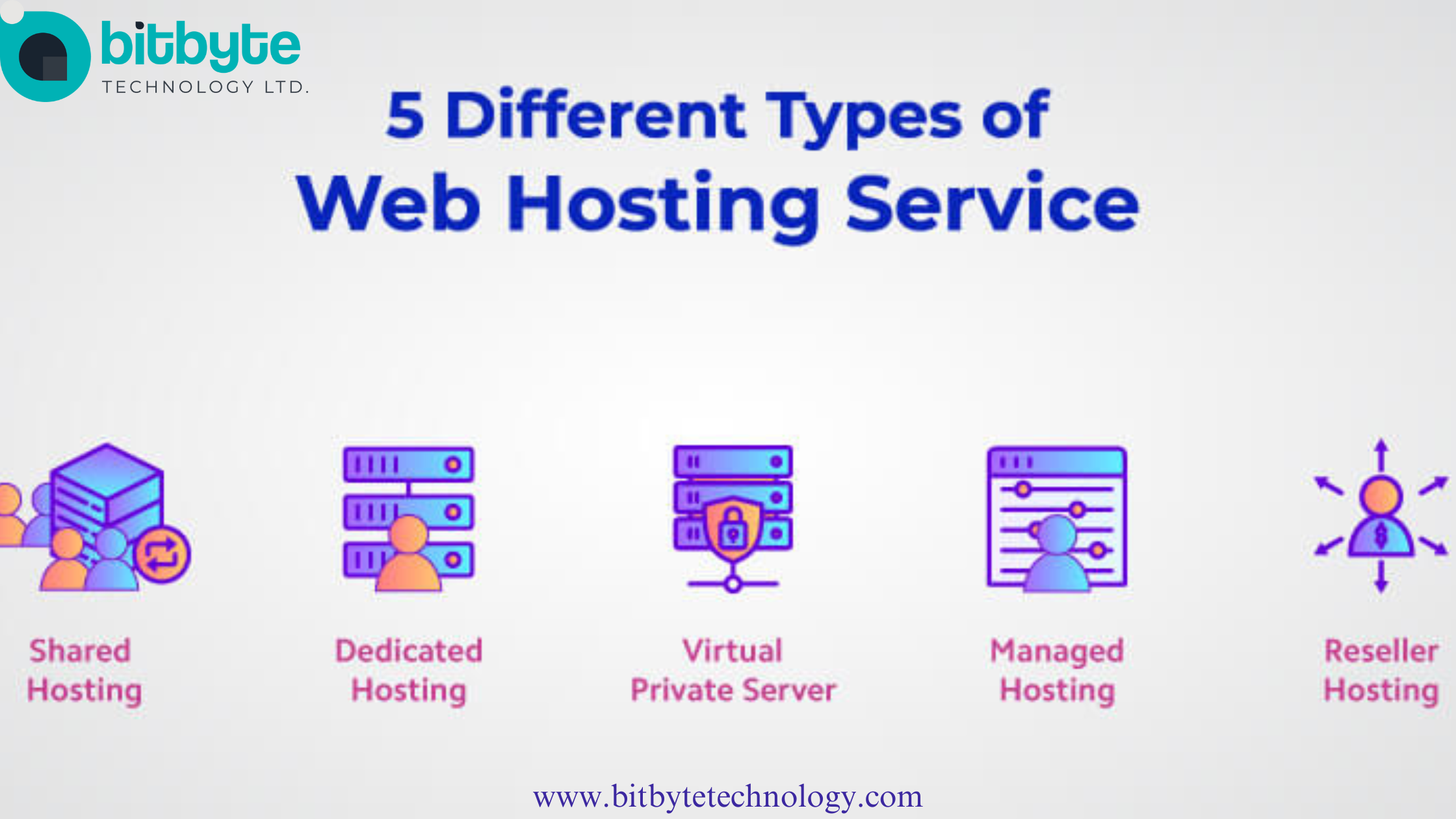In today’s digital age, e-commerce has become an integral part of the global economy. As more businesses venture into the online marketplace, selecting the appropriate server infrastructure is paramount for ensuring the success of your e-commerce venture. In this guide, we’ll delve into the different types of servers, their advantages, and how to choose the best server for your e-commerce platform.
Understanding the World of Servers:
Servers are the backbone of digital services, providing resources, data, and connectivity to clients across networks. They play a pivotal role in delivering seamless experiences to users visiting your e-commerce website. Let’s explore the key server classifications:
1.Web Servers
Imagine a web server as the showroom of your e-commerce store. It showcases your products and services to visitors by delivering web pages, images, and videos. A popular example is the Apache HTTP Server, which efficiently handles user requests and ensures your online store is accessible to customers.
2.Database Servers

Database servers act as the stockroom of your e-commerce operation. They store and manage product information, customer data, and transaction records. MySQL and Microsoft SQL Server are prominent database server examples that organize and retrieve data at the heart of your online business.
3. Cloud Servers
Cloud servers offer the flexibility to scale resources based on demand. Think of these as the adjustable display racks in your physical store. Amazon Web Services (AWS) and Microsoft Azure provide cloud-based solutions that accommodate traffic spikes during flash sales or holiday shopping rushes.
4. Managed Servers
Managed servers are like having a team of experts managing your store for you. They handle maintenance, security updates, and technical support, allowing you to focus on growing your business. Hosting providers like SiteGround and Bluehost offer managed server options to relieve you of server management burdens.
Advantages of Different Server Types
Let’s delve into the advantages of each server type and how they align with e-commerce requirements:
Dedicated Servers
Picture a dedicated server as a custom-designed store tailored to your brand. It offers exclusive resources, ensuring optimal performance for high-traffic e-commerce sites. While it requires a higher investment, dedicated servers are ideal for businesses with substantial traffic and resource needs.
Shared Servers
Shared servers are akin to sharing retail space with other businesses. They offer cost savings but might experience performance dips if neighboring sites consume excessive resources. Shared servers suit small e-commerce startups with limited budgets, but be cautious if your site’s traffic grows rapidly.
Cloud Servers
Cloud servers provide the ultimate flexibility, accommodating traffic surges and seasonal variations effortlessly. They are like expanding your physical store during peak shopping seasons. Cloud servers are perfect for agile e-commerce businesses that anticipate fluctuating demands.
VPS (Virtual Private Server)
A VPS combines the best of shared and dedicated servers. It’s like having a dedicated section within a shared store, ensuring better performance and resource allocation. E-commerce platforms with moderate traffic and resource requirements can benefit from VPS hosting.
Managed Servers
Consider managed servers as having a dedicated store manager who handles everything behind the scenes. Managed servers suit e-commerce entrepreneurs who prioritize technical support, security, and regular updates without the need for in-depth technical expertise.
Choosing the Ideal Server for Your E-Commerce Business
Selecting the right server for your e-commerce platform involves careful consideration of your unique requirements. Here’s a step-by-step approach:
Assess Your Needs: Evaluate your current and future resource requirements, traffic projections, and budget constraints.
Prioritize Security: E-commerce deals with sensitive customer data. Ensure your chosen server offers robust security measures like SSL certificates and firewalls.
Optimize Performance: Fast loading times are crucial for user experience. Select a server that can handle your e-commerce website’s performance demands.
Plan for Scalability: Your server should accommodate traffic fluctuations. Cloud servers and VPS solutions are excellent choices for scalability.
Ensure Reliability: Uptime is essential to prevent revenue loss. Look for servers with reliable hardware and redundancy features.
Consider Support: If you’re not technically inclined, managed servers provide the necessary technical assistance.
Compliance: If your e-commerce business deals with sensitive customer information, ensure your chosen server complies with industry regulations.
In conclusion, your e-commerce success hinges on the server infrastructure you choose. Cloud servers or VPS hosting often offer the ideal balance of scalability, security, and performance. However, analyzing your business’s specific needs and aligning them with the right server type will empower your e-commerce venture to thrive in the competitive online landscape.

